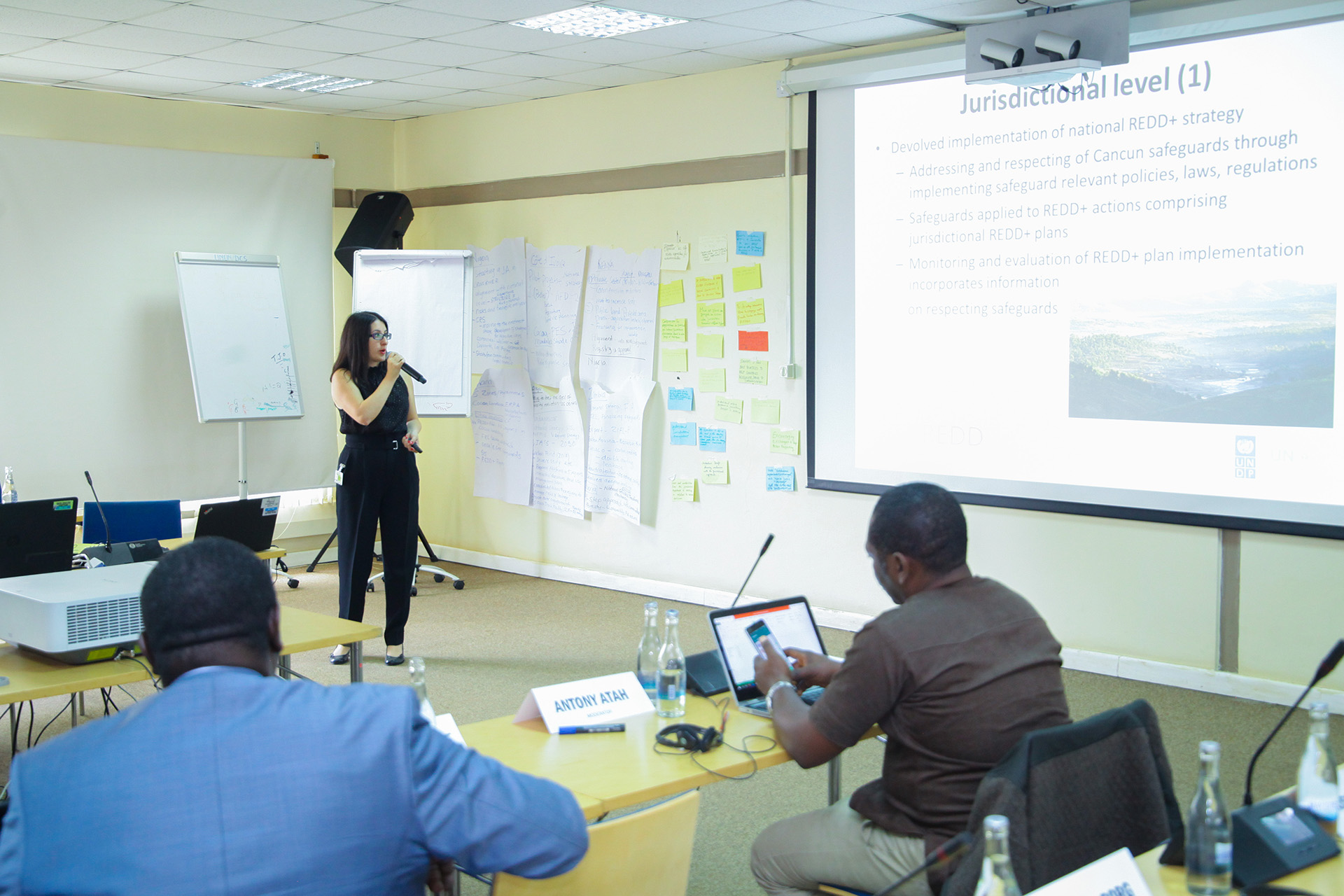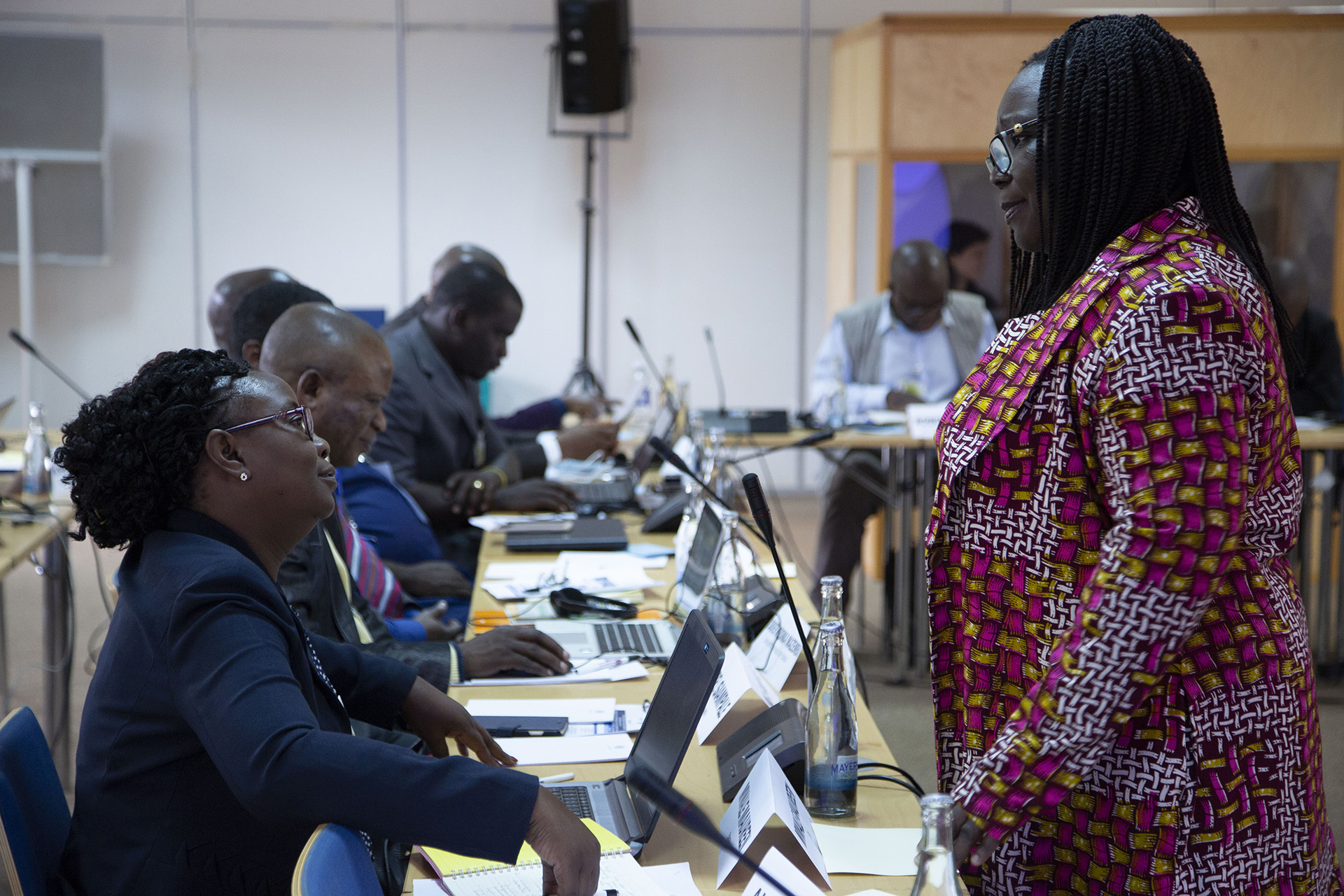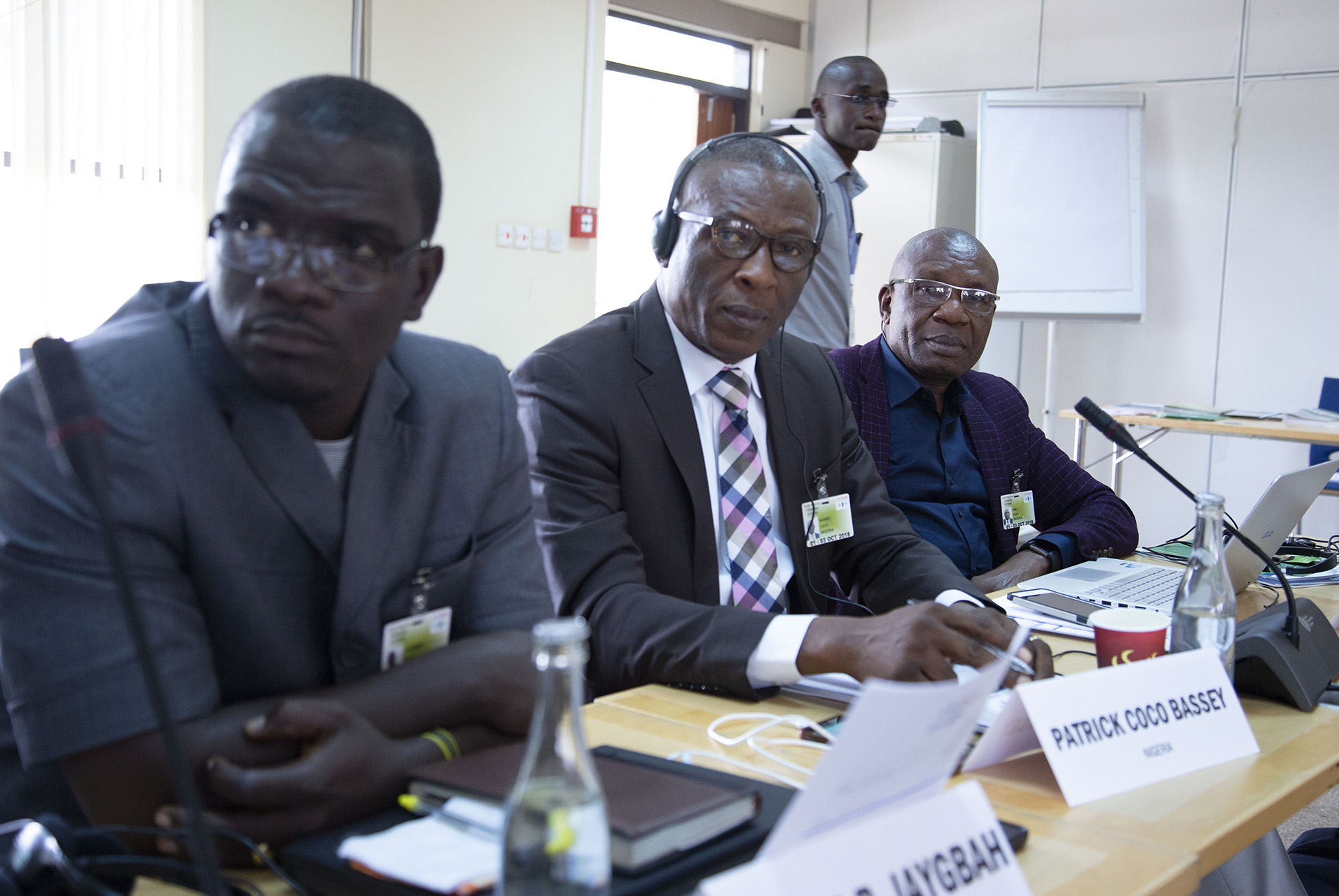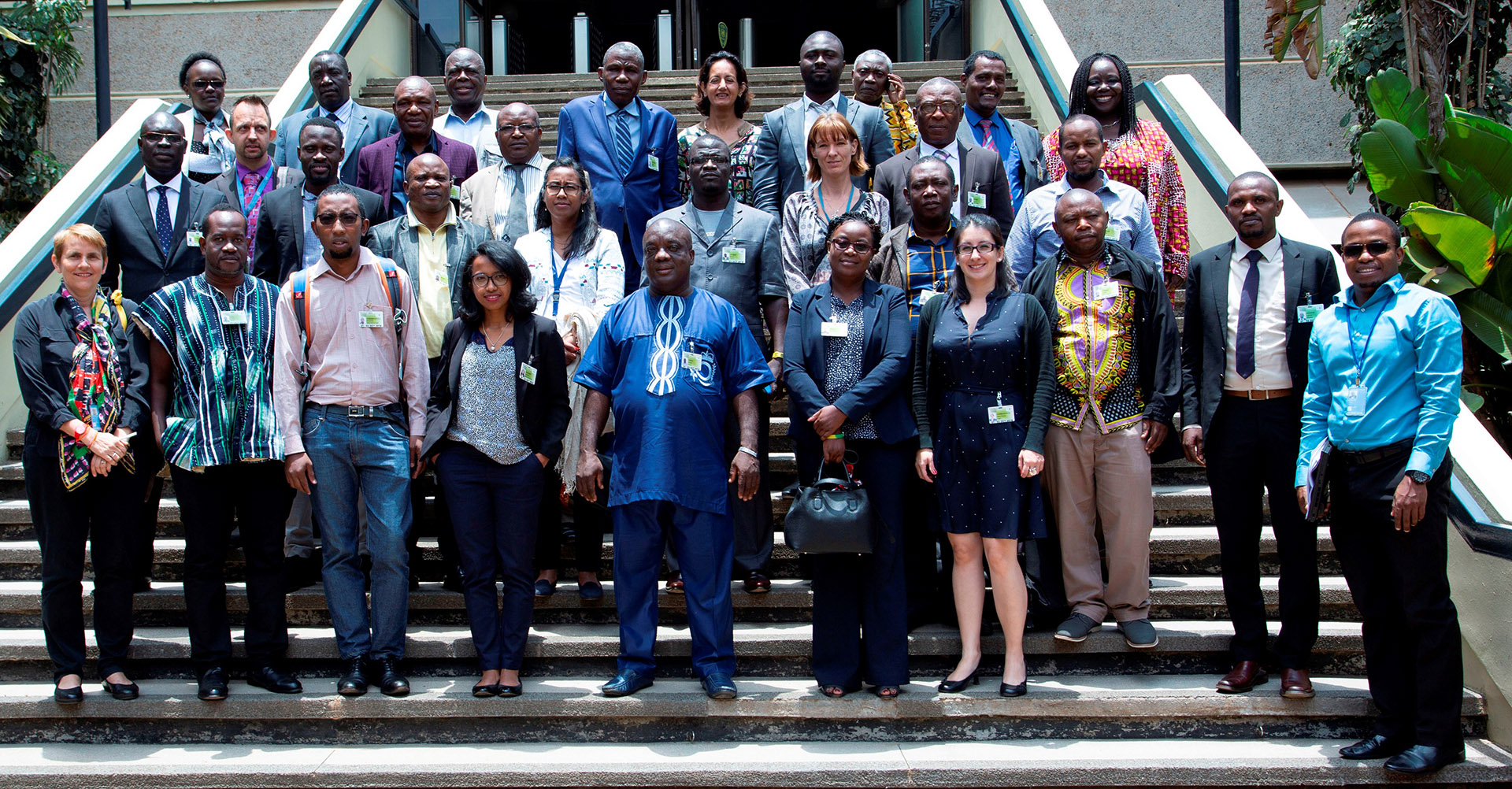UN-REDD Africa convened its yearly Regional Knowledge Exchange on the 02-03 October 2018 at the UN Headquarters, Nairobi with the topic “ REDD+ Implementation at Scale: emerging lessons on Jurisdictional Approaches & linkages with National Policy Frameworks”.
11 UN-REDD partner countries in the region as well as regional representatives from civil society organizations and indigenous peoples participated.
Building on the results of the UN-REDD survey conducted with REDD+ Focal Points, the following objectives were sought for the 2018 Regional exchange:
-
Strengthen the REDD+ community of practice in Africa through knowledge sharing, learning and cooperation among REDD+ Focal Points and representatives of partner countries involved in sub-national REDD+ implementation
-
Identify the main technical needs for successful design of jurisdictional REDD+ in the region and capture key emerging regional lessons
-
Shed light on challenges, opportunities and emerging solutions on ensuring linkages between jurisdictional approaches and national policy frameworks
-
Share the relevant global experience on jurisdictional REDD+
Based on this, the regional exchange was technically-focused, on opportunities associated with jurisdictional REDD+ including designing REDD+ programs, financial and operational planning. Leading experts from the three UN-REDD Programme agencies (UNDP, FAO, UN Environment) gave insightful presentations about the latest developments regarding jurisdictional REDD+ and how countries could benefit.
UNDP’s Regional Technical Advisor Elsie Attafuah was at hand to set the context. “The ultimate goal is to implement REDD+ at a national level, the sub national level is seen as an interim measure. Countries need to implement REDD+ based on their national circumstances including aligning REDD+ to their Nationally Determined Contributions (NDCs).”

The key message that came out was the need for greater coordination and collaboration between the community level REDD+ projects on the one hand, and the main country led one on the other hand.
“Thanks for such a wonderful experience shared over the two days engagement. It was certainly a useful exercise and provided capacity on a number of topics covered. Importantly, lessons learned and best practices shared by my senior colleagues were all useful take aways as we move to our respective program to support our national program. I am grateful for all the useful links and will share same with colleagues who did not have the opportunity to attend.” (Mr Forpoh ,participant from Liberia)

“Je suis de retour au pays en bonne santé, Je tiens à vous remercier et tout l'équipe de l'UN REDD pour avoir organisé ce rencontre. J'ai beaucoup apprécier les discussions. J'ai pu apprendre quelque chose de nouveau. (Mr Tantely, participant from Madagascar)
“Thank you once again and very warmly too for the just concluded knowledge exchange in Nairobi. It will remain a good learning experience to move REDD+ implementation forward in the region.” (Mr Atah, participant from Nigeria)
Benefits of Jurisdictional REDD+ Approach
Given the growing understanding of the complexity and systemic nature of issues underlying continued forest loss in many geographies, jurisdictional initiatives are increasingly compelling. They contain the building blocks to align multiple stakeholders and incentive mechanisms around core, common interests such as responsible commodity production, improved economic growth & livelihood opportunities, and a resilient natural resource base that can continue to provide crucial ecosystem services.

Next steps
Moving forward, it is expected that this knowledge exchange will establish a collaborative working relationship between the participating countries. Care needs to be taken to ensure that deforestation eliminated in one jurisdiction does not simply shift to another. Academic interest in these initiatives must translate to more on-the-ground piloting and direct engagement by all stakeholders involved in landscapes where commodity production is driving deforestation and environmental degradation. The time is now for governments to demonstrate their commitments to the Sustainable Development Goals and Paris Agreement (in particular as they strive to achieve and increase ambition in Nationally Determined Contributions), and for actors across the private sector to show how they can help achieve these goals, as well as make good on rapidly approaching deadlines to end deforestation announced in individual corporate supply chain commitments and in the New York Declaration on Forests. Time is short, and jurisdictional approaches can play an important role to scale up measurable progress toward reaching these goals.

Useful links




